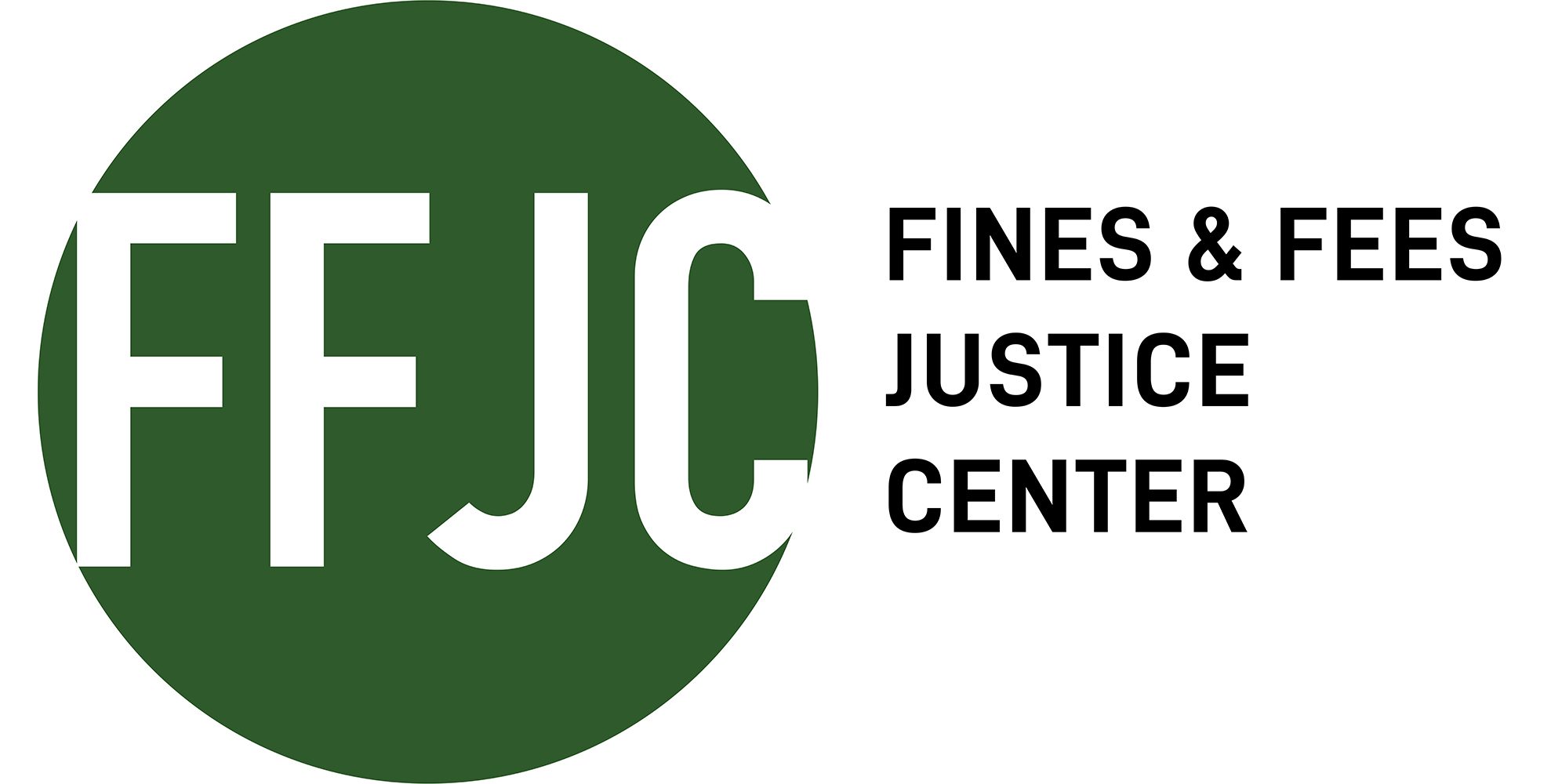Since 2013, the Federal Reserve Board has administered the Survey of Household Economics and Decisionmaking (SHED) annually to assess the financial challenges and opportunities experienced by families in the U.S. This marked the first year survey respondents were asked about the impact of outstanding legal expenses and court fines and fees. This report reflects the responses from the 2019 survey and an additional survey intended to understand the impact of COVID-19 on respondents’ financial well-being. People earning lower incomes and people of color reported a higher incidence of unpaid court fines and fees.
You can read the full text of the report here and the 2020 report here.
Key findings
- At the time of the 2019 survey, six percent of adults claimed that their family had court debt. One-fifth of people with an incarcerated immediate family member reported unpaid fines and fees.
- 10 percent of respondents with incomes less than $40,000 indicated that they owed court debt, whereas only six percent of people making between $40,000 and $100,000 and three percent of people making more than $100,000 reported unpaid fines and fees.
- 12 percent of Black respondents and nine percent of Hispanic respondents claimed to have unpaid fines and fees; five percent of White respondents reported court debt.
- 43 percent of people belonging to families with outstanding fines and fees also had medical debt.
Author(s): Federal Reserve Board Division of Consumer and Community Affairs (DCCA), Consumer and Community Research Section
